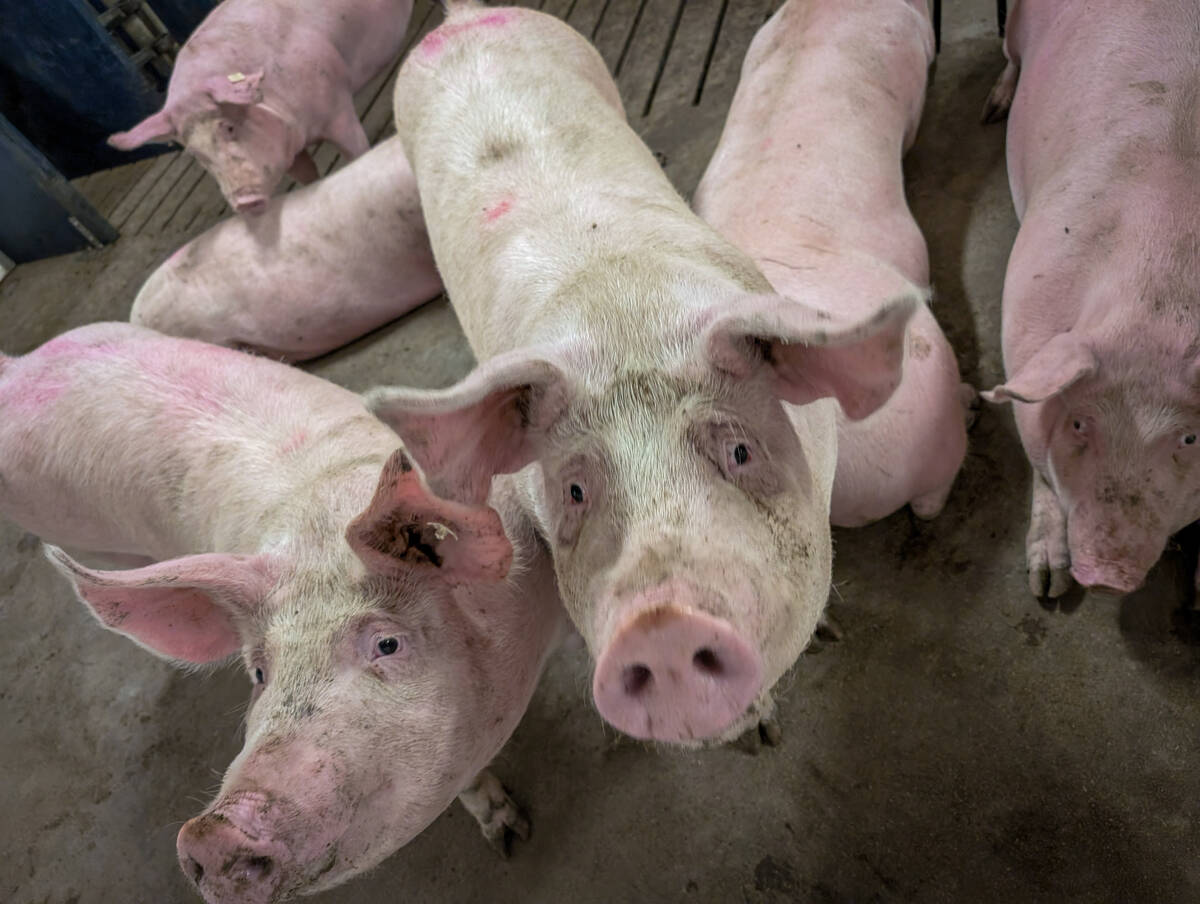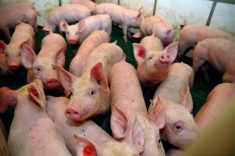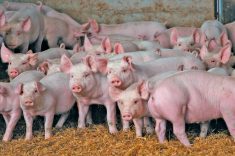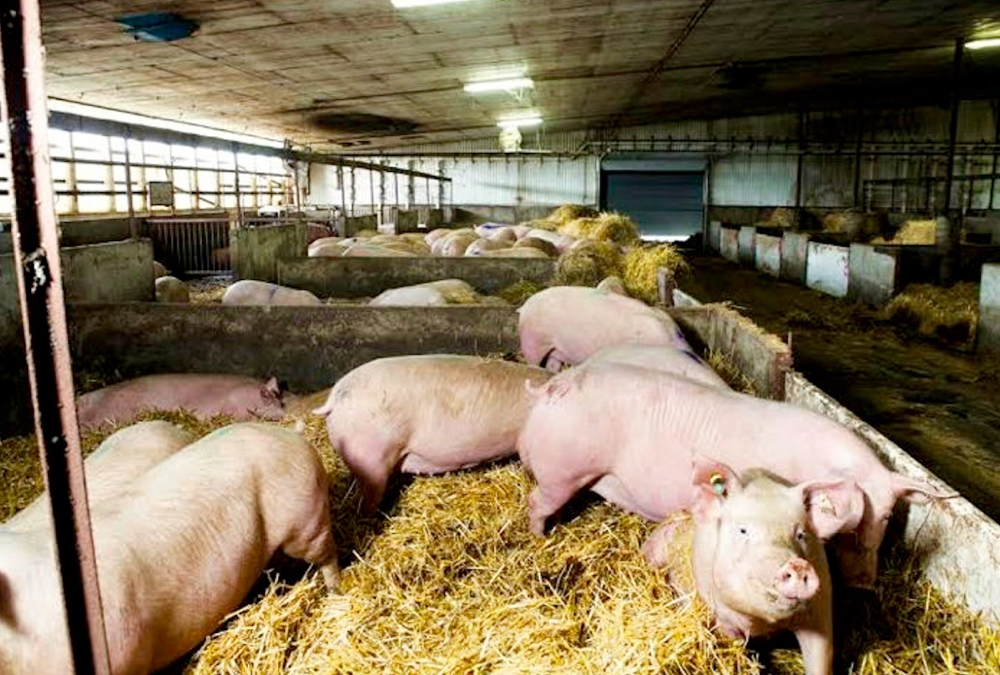Manitoba hog producers would do well to pay very careful attention to California’s Prop 12 and the recent U.S. Supreme Court decision upholding it.
Consumers around the world are letting their views on animal welfare be known, both through the power of their buying habits and through their support of issues like Prop 12. Contrary to what Mr. (Cam) Dahl is stating in his recent opinion piece (“The thickening U.S. border,” Manitoba Co-operator, June 8 issue), much of the public does not view current intensive livestock housing for pigs as humane.
Why not? Because of extreme confinement of the pigs, mutilating them by tail cropping and testicle removal and forcing them to live above pits of their own urine and feces— breathing in noxious gases of hydrogen sulphide, ammonia and methane that suffocates them if ventilation systems fail—to name some of the most egregious issues.
Read Also

Pork, beef producers ask for price transparency
Canada’s beef and pork sectors want mandatory price reporting to help meat sectors to reach their potential.
There are good alternatives for raising pigs on straw without all the related problems associated with subtherapeutic antibiotic use, conflicts with neighbours due to noxious gases emanating from barns and lagoons or contamination of waterways and lakes with too much runoff containing phosphorus and nitrogen.
Manitoba Pork could be working to ensure truly long-term sustainability in the hog industry by promoting these alternatives rather than trying to win a battle that’s already been lost: public opinion on what constitutes good animal welfare for pigs.
Vicki Burns,
Winnipeg















